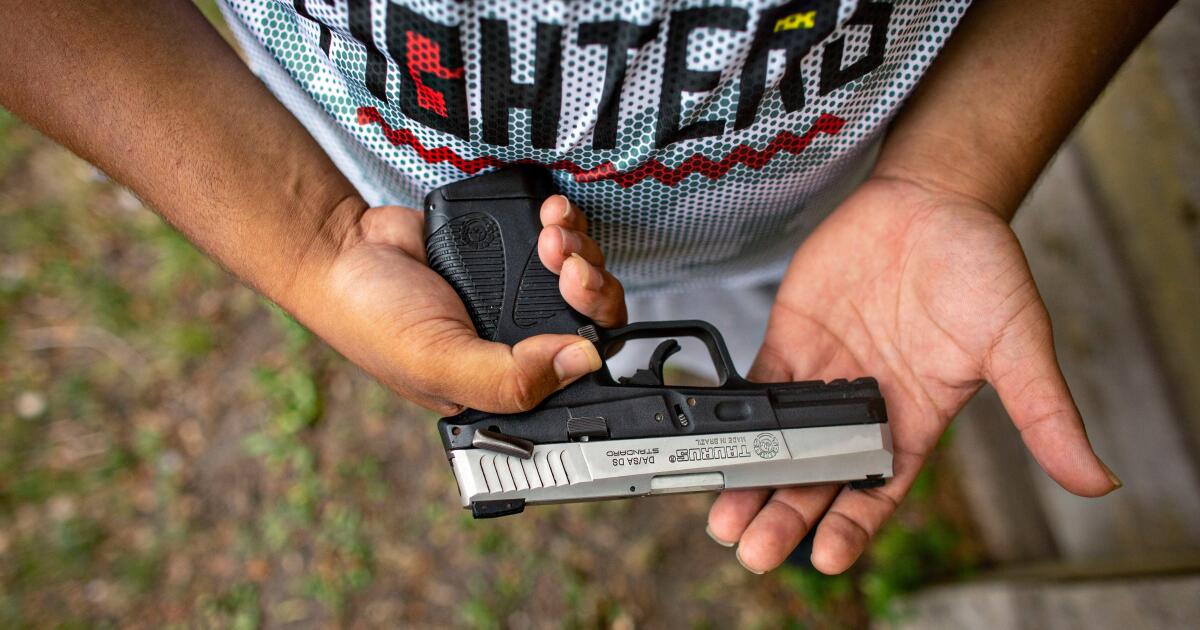Of course, some of these states go far, far beyond requiring "background check" or "firearms safety course." Presumably, these burdens on the right to bear arms would be permissible under the majority's understanding, because there is no "subjective" standard about a person's need for the firearm.
Still, the Court flagged some limits on shall-issue regimes:
That said, because any permitting scheme can be put toward abusive ends, we do not rule out constitutional challenges to shall-issue regimes where, for example, lengthy wait times in processing license applications or exorbitant fees deny ordinary citizens their right to public carry.
How long is a "lengthy wait time"? Weeks? Months? Years? And how high is "exorbitant"? The District of Columbia, for example, imposes onerous requirements, high fees, excessively-long training classes, and many bureaucratic hoops. Litigation will no doubt test these issues. Randy Barnett wrote about his experiences in D.C. on
SCOTUSBlog. (A
petition is pending before the Court about D.C.'s carry law.)
Second, Justice Alito wrote a concurrence. He stressed that the Court
only decided the narrow issue about carry permits. Other issues were not decided:
Our holding decides nothing about who may lawfully possess a firearm or the requirements that must be met to buy a gun. Nor does it decide anything about the kinds of weapons that people may possess. Nor have we disturbed anything that we said in Heller or McDonald v. Chicago (2010), about restrictions that may be imposed on the possession or carrying of guns.
Alito wrote this section in response to Breyer's litany of gun statistics. But in the process, he made clear that his opinion in
McDonald stands, including the analysis about "longstanding prohibitions" and "dangerous and unusual weapons." Do not expect Alito to be a lock on 922(g) cases, or challenges to assault weapon bans.
![ROFL [rofl] [rofl]](/xen/styles/default/xenforo/smilies.vb/013.gif)






![Bang Head [banghead] [banghead]](/xen/styles/default/xenforo/smilies.vb/045.gif)

